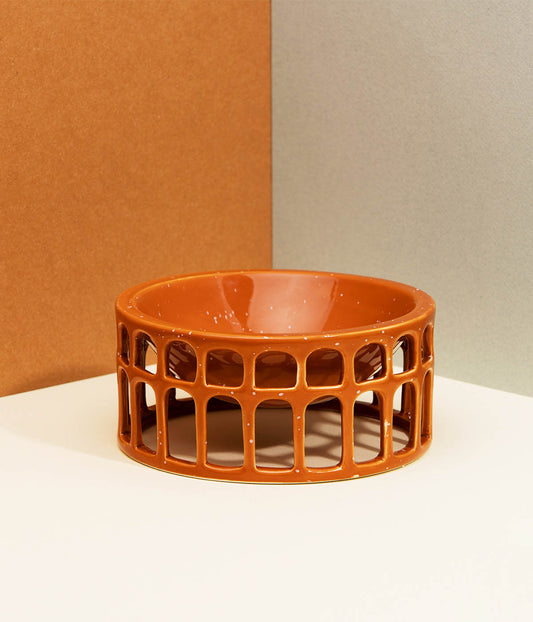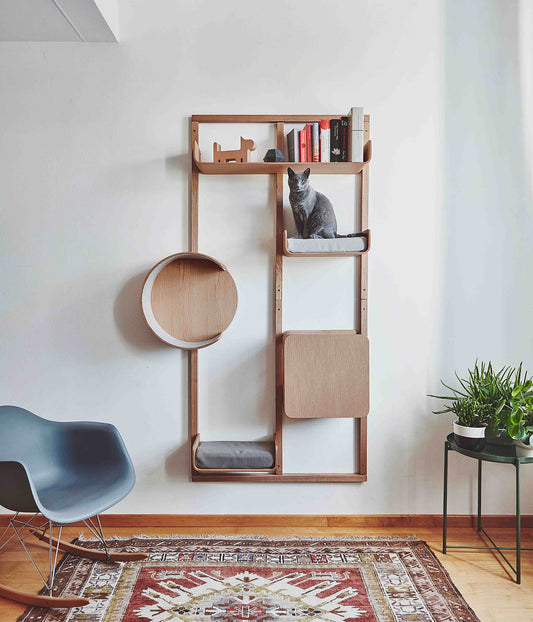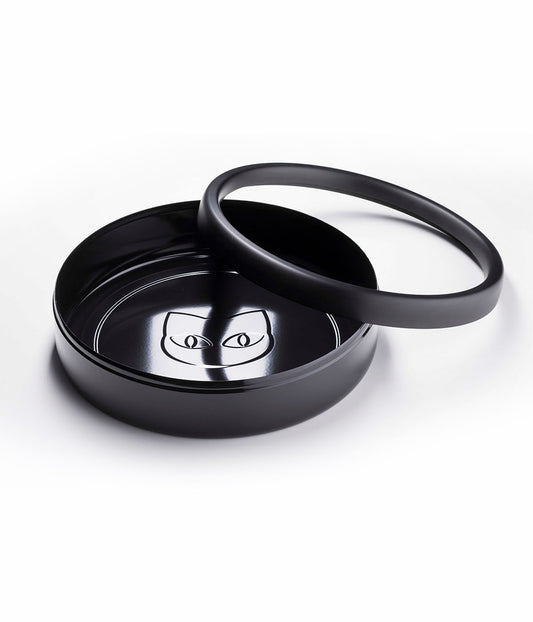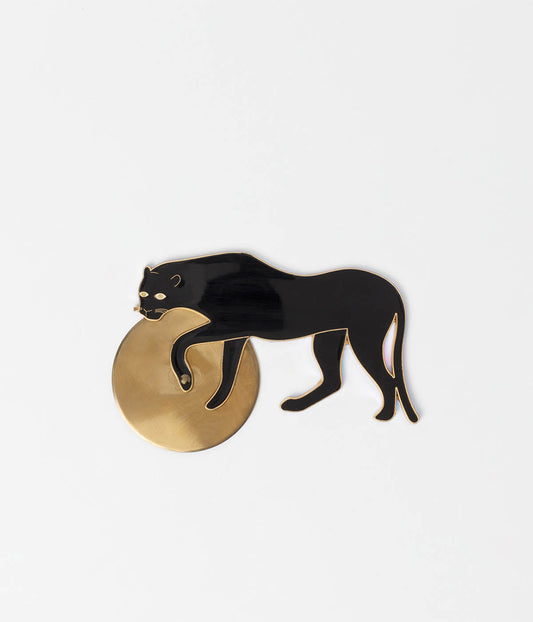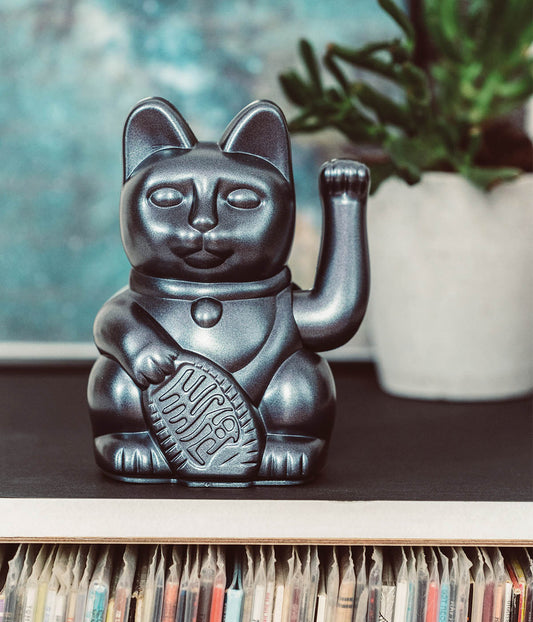
Can You Really Leave Your Dog Home Alone?
Marie DuchessAs a dog owner, you may have wondered whether it's okay to leave your furry friend home alone. After all, you have work, errands, and a social life to attend to. But can your dog handle being left alone for extended periods of time? Let's explore this common concern and find out.
How long can a dog be left alone?
Every dog is different, but as a general rule, adult dogs can be left alone for 4-6 hours at a time. Puppies, on the other hand, have smaller bladders and higher energy levels, so they shouldn't be left alone for more than 2-3 hours. It's important to gradually increase the amount of time your dog spends alone to help them adjust.
What are the signs of separation anxiety?
Some dogs may experience separation anxiety when left alone. Signs of separation anxiety include excessive barking, destructive behavior, pacing, and house soiling. If you notice these signs, it's important to address the issue and seek professional help if needed.
How can you prepare your dog for being alone?
There are several steps you can take to help your dog feel more comfortable when left alone:
- Establish a routine: Dogs thrive on routine, so try to establish a consistent schedule for feeding, exercise, and alone time.
- Provide mental stimulation: Leave interactive toys or puzzle feeders to keep your dog entertained while you're away.
- Use positive reinforcement: Reward your dog for calm behavior when you leave and return home.
- Consider a dog walker or daycare: If you're away for long periods, hiring a dog walker or enrolling your dog in daycare can provide them with much-needed socialization and exercise.
When is it not okay to leave your dog alone?
While most dogs can handle being left alone for a few hours, there are some situations where it's not appropriate:
- Puppies under 4 months old should not be left alone for more than a couple of hours.
- Dogs with medical conditions or special needs may require more frequent attention.
- Dogs with severe separation anxiety may need professional help and should not be left alone until the issue is resolved.
Remember, every dog is unique, and what works for one may not work for another. It's important to assess your dog's individual needs and make adjustments accordingly. If you're unsure about leaving your dog alone, consult with a veterinarian or a professional dog trainer for guidance.
Leaving your dog home alone can be a challenge, but with the right preparation and training, it can be done successfully. By understanding your dog's needs and providing them with the necessary tools and support, you can ensure that they feel safe and secure even when you're not around.




